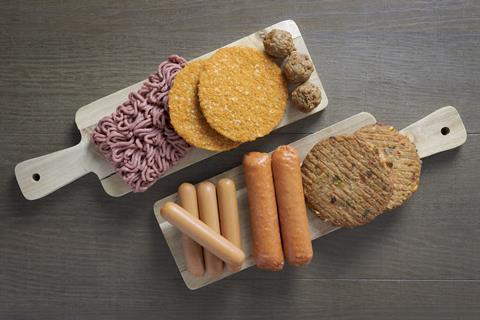
Surplus bread could be used to create alternative proteins suitable for use in sausages and other applications, according to research from Aberystwyth University.
In a paper published in the journal ‘NPJ Science of Food’, academics have shown that surplus bread can be fermented into highly nutritious foods. The process sees bread combined with the juice of pressed grass, traditionally used for livestock production, and fermented by fungi to make alternative proteins.
These proteins could end up on the plates of millions, the university said, as it can be used in fortified bread, ‘pork’ pies or sausages.
The type of fungi used in the scientists’ new fermentation is already widely used to produce tempeh – a vegetarian alternative to meat made from fermented cooked soya beans. Using the pilot-scale biorefining facility at AberInnovation, based on Aberystwyth University’s Gogerddan Campus, the scientific breakthrough takes advantage of solid-state fermentation, which is more environmentally friendly and produces less wastewater than other methods.

Dr David Bryant from the Institute of Biological, Environmental and Rural Sciences at Aberystwyth University said it was “a real breakthrough” that will hopefully tackle the problem of wasted food.
“Most of us know only too well how much of a problem bread waste is – from the toast thrown away at breakfast or our uneaten sandwiches. But that is not the whole issue – much is wasted commercially in manufacture and retail as well,” Bryant said.
“This research gives us a way of tackling that problem through fermentation. It is the use of grass that makes these findings a genuine first. The beauty of this method is that it can use that everyday plant to turn waste into new types of food for the growing world population.”
The four-year research project is funded by the UKRI Biotechnology and Biological Sciences Research Council (BBSRC). As the study continues, researchers will consider how they can change the flavours and improve the taste of the alternative proteins produced by the fermentation.
“The potential of turning everyday waste into valuable food resources is an opportunity we must capitalise on if we are to successfully secure our global food supply both now and in the future,” added Professor Anne Ferguson-Smith, BBSRC executive chair.
The project has the support of food manufacturing giant Samworth Brothers, which counts Higgidy, Ginsters, and Urban Eat in its stable of brands.
“Samworth Brothers is a food business with significant influence – our activities impact the environment and climate change, nutrition, employment, supply chains and the communities in which we operate. We’re determined that our influence is for the good,” a spokesperson said. “Supporting this project is a great example of what we can do in addition to our food redistribution activities to find alternative uses for bread crusts.”
The findings are published as the UK is gearing up for the introduction of simpler recycling rules, which mean that businesses that produce more than 5kg of food waste per week must separate it for collection by a registered waste carrier. As such, many bakery businesses are looking at how they can reduce their waste and find appropriate outlets for any surplus.
Miel Bakery in London is among those hoping to make progress having received a cut of a £7m fund to test potentially transformative artificial intelligence (AI) projects. The bakery is collaborating with Oxford Cognitive Labs to explore the potential for AI technology to reduce food wastage by accurately predicting sales to optimise its baking processes.




















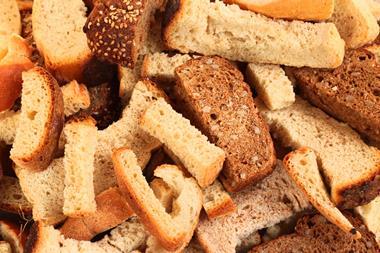
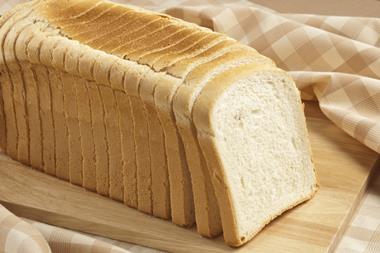
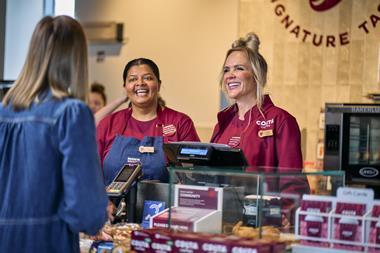
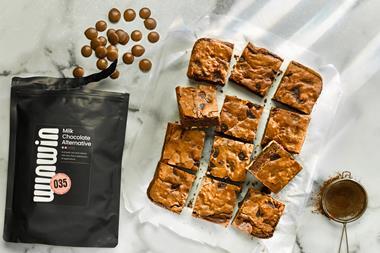

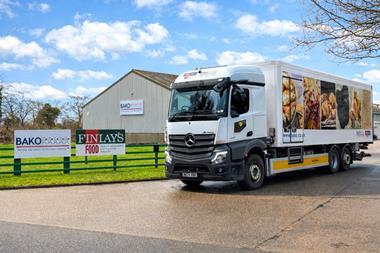
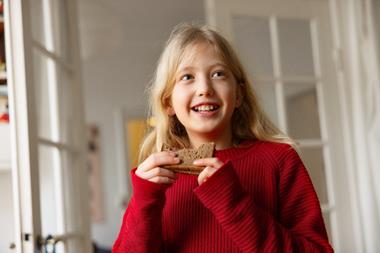

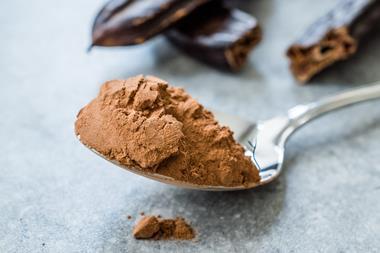
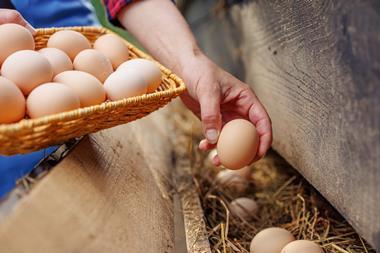


No comments yet